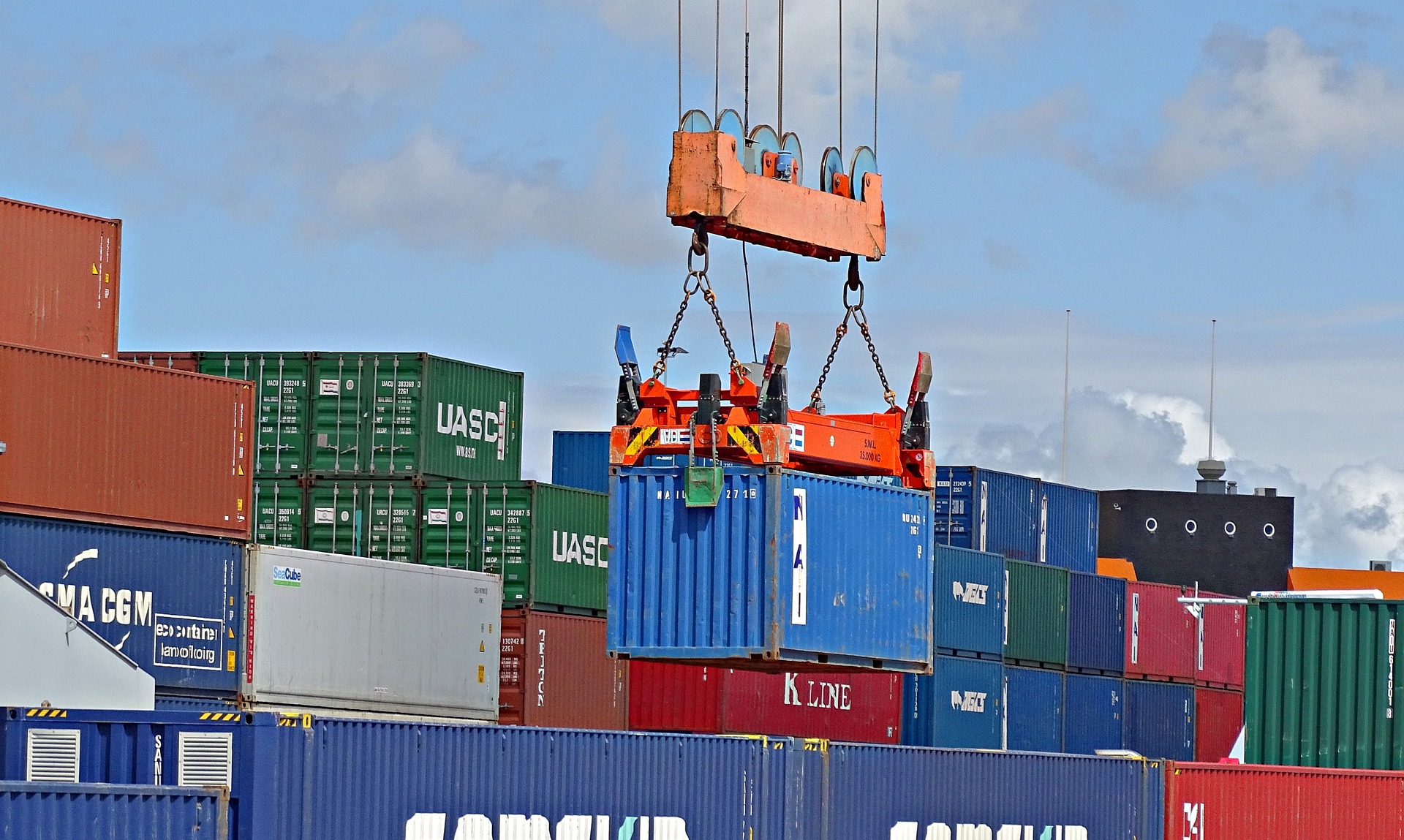Hong Kong, 14 October 2025 — Investor sentiment across the Asia-Pacific region is set to weaken after China announced it will begin charging 400 yuan ($56) per net ton on U.S.-owned, operated, built, or flagged vessels docking at its ports. The move, effective October 14, mirrors Washington’s own port fees on Chinese ships, which also take effect today.
Details of the New Fees
- The Chinese Ministry of Transport confirmed the levy will apply to vessels with direct or indirect U.S. ownership of 25% or more, as well as ships flying the U.S. flag or built in American shipyards.
- Fees will rise in phases each year, reaching 1,120 yuan ($157) per net ton by 2028.
- Each vessel will be charged no more than five times annually, aligning with the U.S. framework.
Beijing described the measure as a “countermeasure against wrongful U.S. practices”, accusing Washington of discriminatory policies that undermine global trade stability.
Market and Industry Impact
Analysts warn the tit-for-tat measures could disrupt global shipping flows and increase costs for carriers. Oil tankers, container ships, and bulk carriers are expected to be most affected, with potential charges running into millions of dollars per voyage for large vessels.
Shipping consultancy Vespucci Maritime noted that the broad definition of “U.S.-linked” ships could ensnare companies with partial American ownership, significantly widening the scope of the fees.
Equity markets in Tokyo, Seoul, Sydney, and Hong Kong are expected to open lower, with investors bracing for further volatility amid the escalating trade dispute.
Broader Trade Tensions
The port fee standoff comes ahead of a planned meeting between U.S. President Donald Trump and Chinese President Xi Jinping at the Asia-Pacific Economic Cooperation (APEC) summit later this month in South Korea.
The dispute adds to a series of escalating measures, including:
- U.S. threats of 100% tariffs on Chinese goods.
- China’s new export controls on rare earths and lithium battery technology.
- Beijing’s antitrust probe into U.S. tech firms.
Outlook
While the immediate financial impact on U.S. shipping firms may be limited — given America’s small share of global shipbuilding and flagged vessels — the broader consequences for supply chains, freight costs, and investor confidence could be significant.
With both sides hardening their positions, markets are bracing for a prolonged standoff that risks spilling over into wider trade and economic relations.
Sources: Chinese Ministry of Transport statements; Al Arabiya; South China Morning Post; Supply Chain Brain; CNBC.



